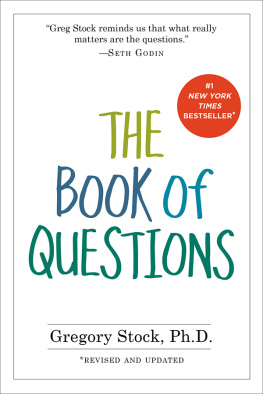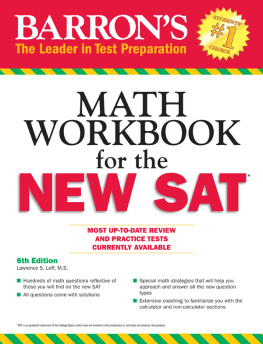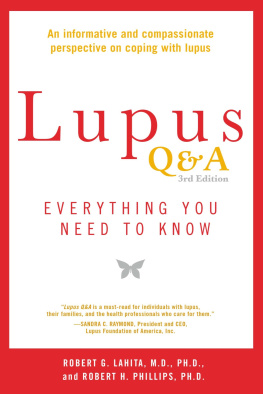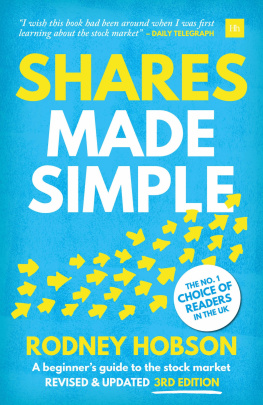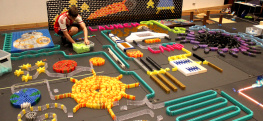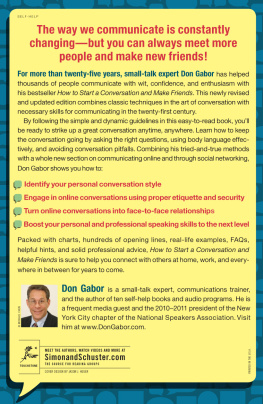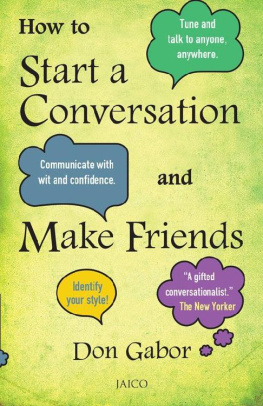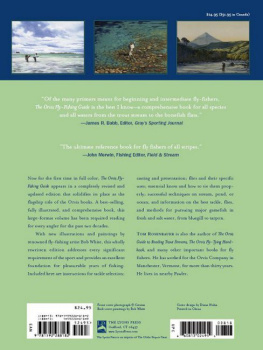Acknowledgments
I want to thank Maisie Tivnan, my editor, who brought a fresh perspective to many of the questions and was always a pleasure to work with; Joe Spieler, my longtime agent and friend, who made numerous trenchant comments that kept me on my toes; and Lori Fish, my wife, who has had to put up with more questions than she thought shed ever endure in one lifetime.
I also want to thank several others who offered helpful comments and suggestions on early drafts of the manuscript, in particular Talia Mata, Susan Bolotin, Julio Gagn, Deborah Patton, Carlos Devis, and Robert Mogel.
And I want to thank Peter Workman for patiently tolerating so many delays in bringing this material into being, and Carolan Workman for her love of questions and her key role in making the project happen.
Finally, I want to again thank those who played a meaningful part in the first edition: John Summer, Michael Cader, David Breznau, Claudia Summer, Don Ponturo, Libby Anderson, Richard Campbell, Ann Cole, Ginny Mazur, Peter Trent, Fred Weber, and Arshad Zakaria. Without their early help, this new edition would not exist. Two of these friends were particularly important as I returned to questioning and began to pull together the new edition: Don Ponturo, who encouraged me in my new effort and helped with the books tone; and John Summer, a fellow questioner since my college days, who contributed so much to the earlier question books that his presence is indelibly embedded in the pages of this work as well.
About the Author
Questions are Dr. Gregory Stocks passion. He started asking them as a child and never stopped. His question booksincluding The Kids Book of Questions and Love & Sex: The Book of Questionsare miniclassics that have sold more than 4 million copies and have been translated into 18 languages.
He has a Ph.D. from Johns Hopkins and an MBA from Harvard. He serves on the California Advisory Committee on Stem Cells and Cloning and on the editorial boards of the Journal of Evolution & Technology and Rejuvenation Research. Stock has written more than 60 papers and 3 influential books on technology, ethics, and public policy in the life sciences: Engineering the Human Germline; Metaman: The Merging of Humans and Machines into a Global Superorganism; and Redesigning Humans: Our Inevitable Genetic Future, which won the Kistler Book Prize for science books.
Stock has made more than 1,000 media appearances to discuss questions and values, and he frequently appears on TV and radio as an authority on the implications of genomics and other technologies. He was the founding director of the Program on Medicine, Technology & Society at the UCLA School of Medicine and founding CEO of both Signum Biosciences, which is developing therapeutics for Alzheimers, and Ecoeos, which has a genetic test to gauge personal vulnerability to mercury exposure. His website is gregorystock.net.
Contents
Copyright 1987, 2013 by Gregory Stock
All rights reserved. No portion of this book may be reproducedmechanically, electronically, or by any other means, including photocopyingwithout written permission of the publisher. Published simultaneously in Canada by Thomas Allen & Son, Limited.
Library of Congress Cataloging-in-Publication Data is available.
eISBN 978-0-7611-7868-2
Workman books are available at special discounts when purchased in bulk for premiums and sales promotions as well as for fund-raising or educational use. Special editions or book excerpts can also be created to specification. For details, contact the Special Sales Director at the address below or send an email to .
Workman Publishing Co., Inc.
225 Varick Street New York, NY 10014-4381
workman.com
WORKMAN is a registered trademark of Workman Publishing Co., Inc.
To Mom and Dad,
who gave me the security to question and the independence to seek my own answers
and to Sadie,
whose questions and answers have helped me see the world with young eyes again
Introduction and Reflections on the New Edition
I still recall my first experiences with some of these questions 25 years ago: passing interactions in cafs that turned into delightful tte--ttes; conversations with old friends that brought me unexpected insights; tepid evenings that came alive and lasted into the wee hours.
When The Book of Questions was first released, it was 1987: Ronald Reagan and Mikhail Gorbachev were in office. The Berlin Wall was standing. Whites ruled South Africa. Prozac had just been released. Bruce Springsteens Tunnel of Love topped the charts. The Bill Cosby Show was heading the TV ratings. Digital cameras, the Web, and the Human Genome Project didnt exist. The World Trade Center still thrust 107 stories into the New York skyline. And a good mobile phone cost $2,500, weighed 2 pounds, and had to be charged after an hour of talking at fifty cents a minute.
Everything was different. And nothing was different. People struggled then as they do now with money and family, love and loss, hope and fear. They grappled with illness, death, failure, and frustration. They sought meaning and fulfillment. They knew temptation and betrayal. They struggled, as we still do, to carve a place in the world and to understand themselves and others.
The time was ripe for questions not about trivia, but about values and beliefs, and The Book of Questions provided them through simple, original, concrete, accessible dilemmas to tickle our minds and probe our thinking about core issues: life, love, money, sex, integrity, generosity, pride, death.
The book struck a chord, and the first edition was translated into 18 languages, sold more than two and a half million copies, gave rise to a whole genre of question books, and earned a special place in many peoples hearts.
Today, the central challenges of life have not changed, but culture has. Context has. Language and focus have. This new edition is more than a cosmetic scrubbing of dated phrasings and references; its a fresh new book with over a hundred new questions that infuse current technology and society into age-old dilemmas.
The questions still jump from subject to subject, so even if you read them in order, youll face unexpected issues and topics. Pay attention to which ones youre drawn to and which you shy away from. We react to questions that touch issues that are unresolved for us, so a question you want to avoid might be the very one you should focus on. Are you fascinated by questions about health and mortality? Do you skip questions with a sexual slant? Why?
Too often we exchange small talk without really engaging one another. Try the questions here with some friends or strangers, and see what happens. You may be pleasantly surprised. And when you go off on tangents, allow yourself to voice some of those dangerous questions that you usually hold backthose flitting, provocative thoughts whispered by an inner voice. Sure they may be a bit awkward or intrusive, but often theyre the very ones that open new paths to intimacy and understanding. Life can be juicy and engaging when were grappling with issues we really care about.
Remember, though, that these questions have no correct or incorrect answers, only honest or dishonest ones. Can you truly know what you would do with some magical power or in a strange hypothetical situation? Of course not. But why let that stop you? Here you can learn and gain insights without actually living through the predicaments described. So let yourself be swept up in these situations. Try to care about the choices you make. Resist the temptation to escape dilemmas by denying their reality or by finding complications that obscure them.
Suspend your disbelief if you can. Ignore the paradoxes of time travel, the limits of our knowledge, the impossibility of magical powers. Accept that conditions are as the questions describe, that odds are accurate, that promises will be fulfilled, and that you know all of this when you make your decisions.

